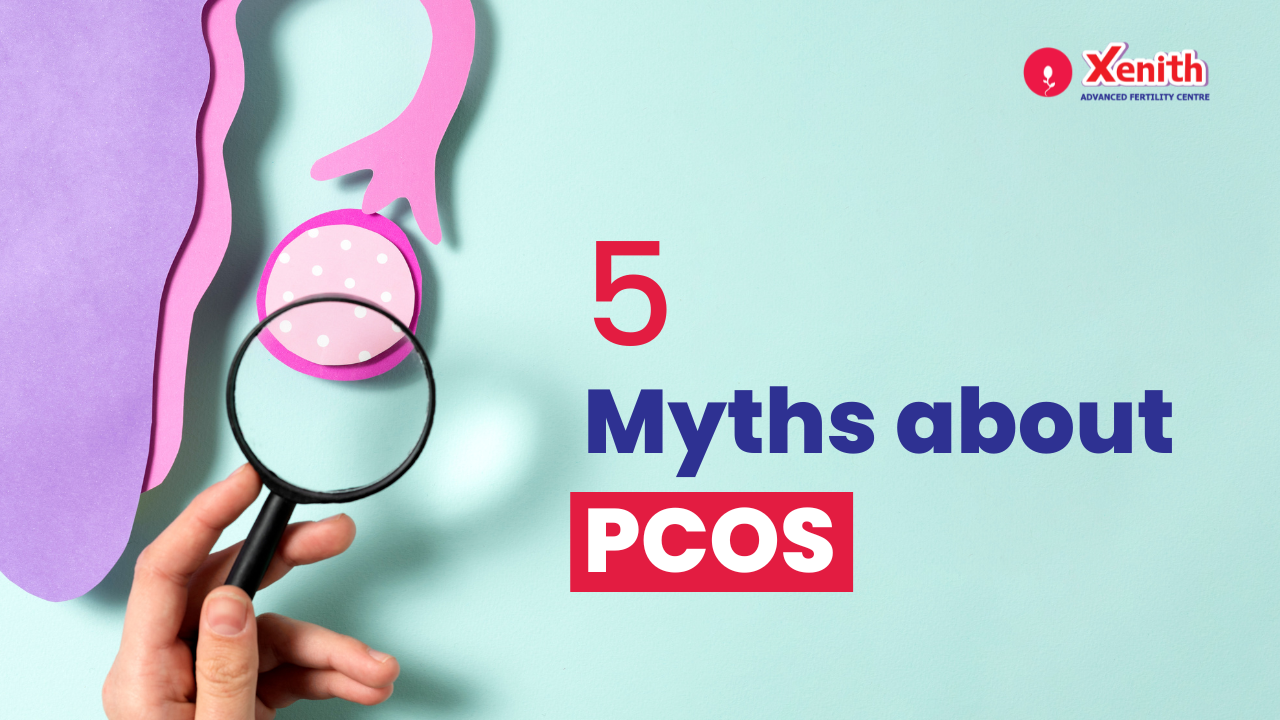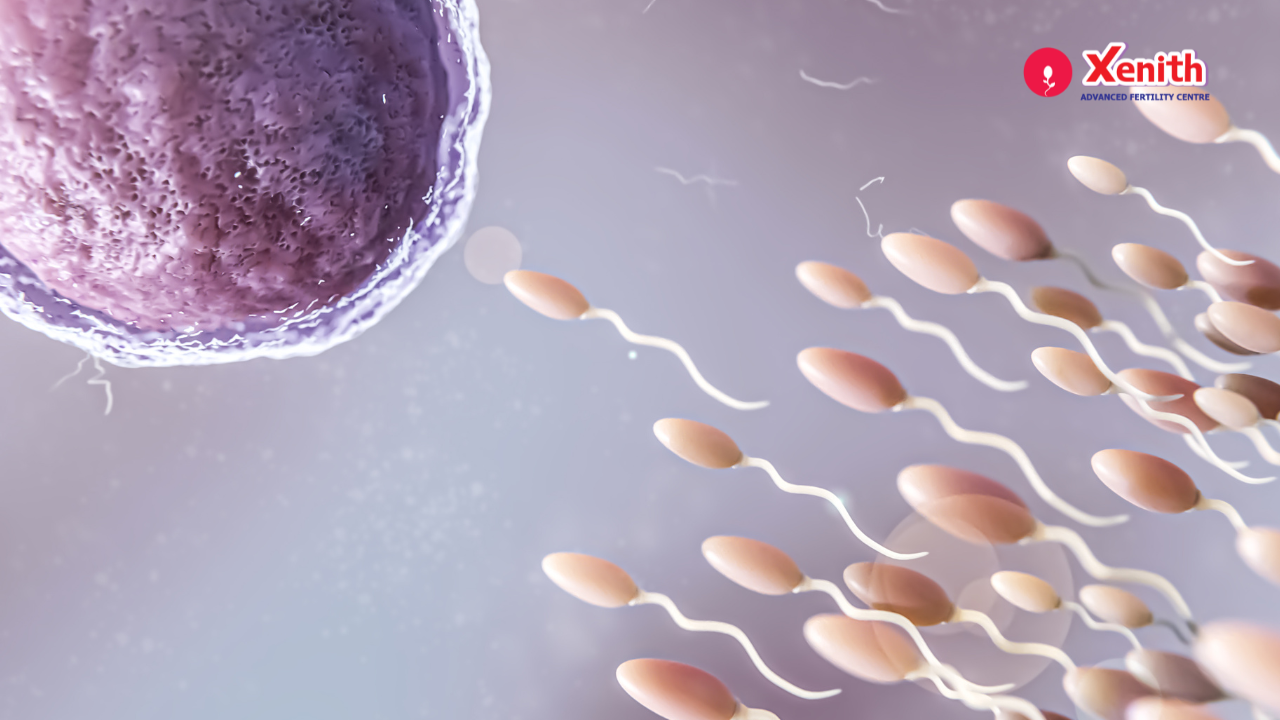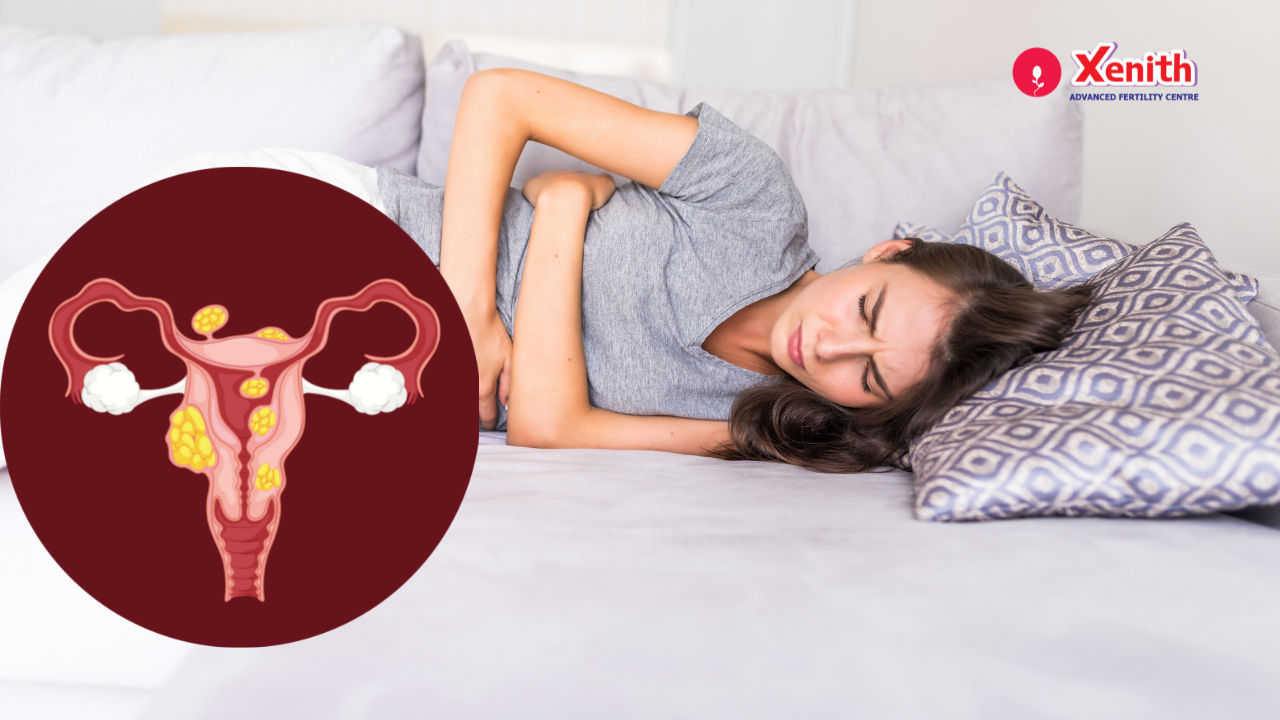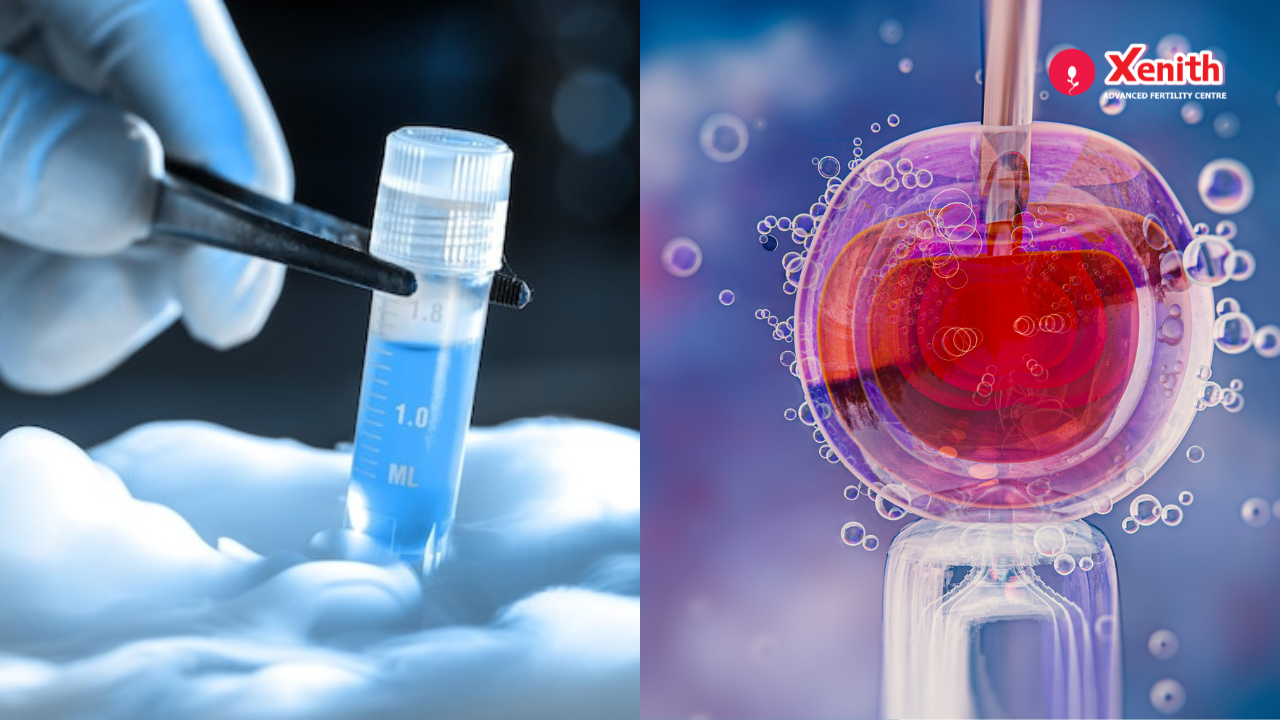Everything a new mother needs for herself
The process of motherhood right from conception to delivery can be an exciting albeit nervous journey. When you finally get to hold the baby in your arms, you might be so relieved and thinking that taking care of the baby…









